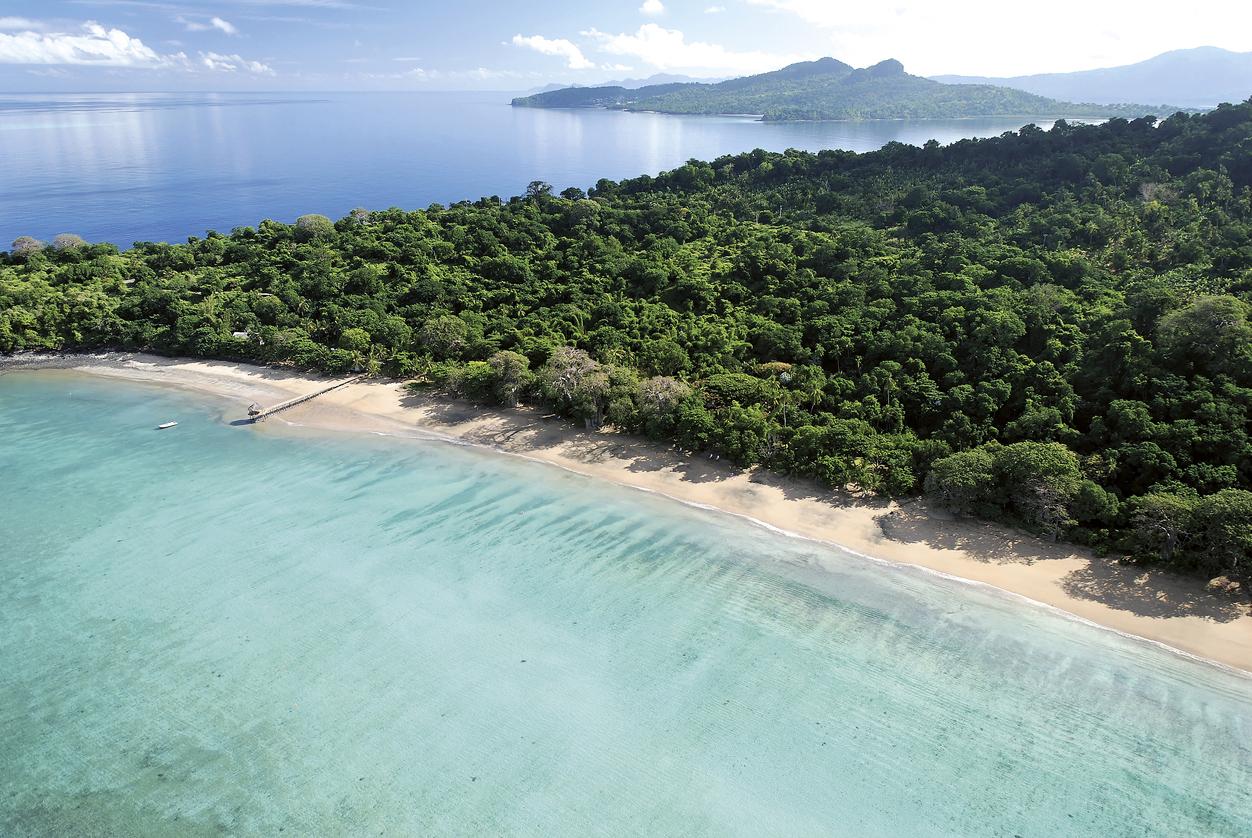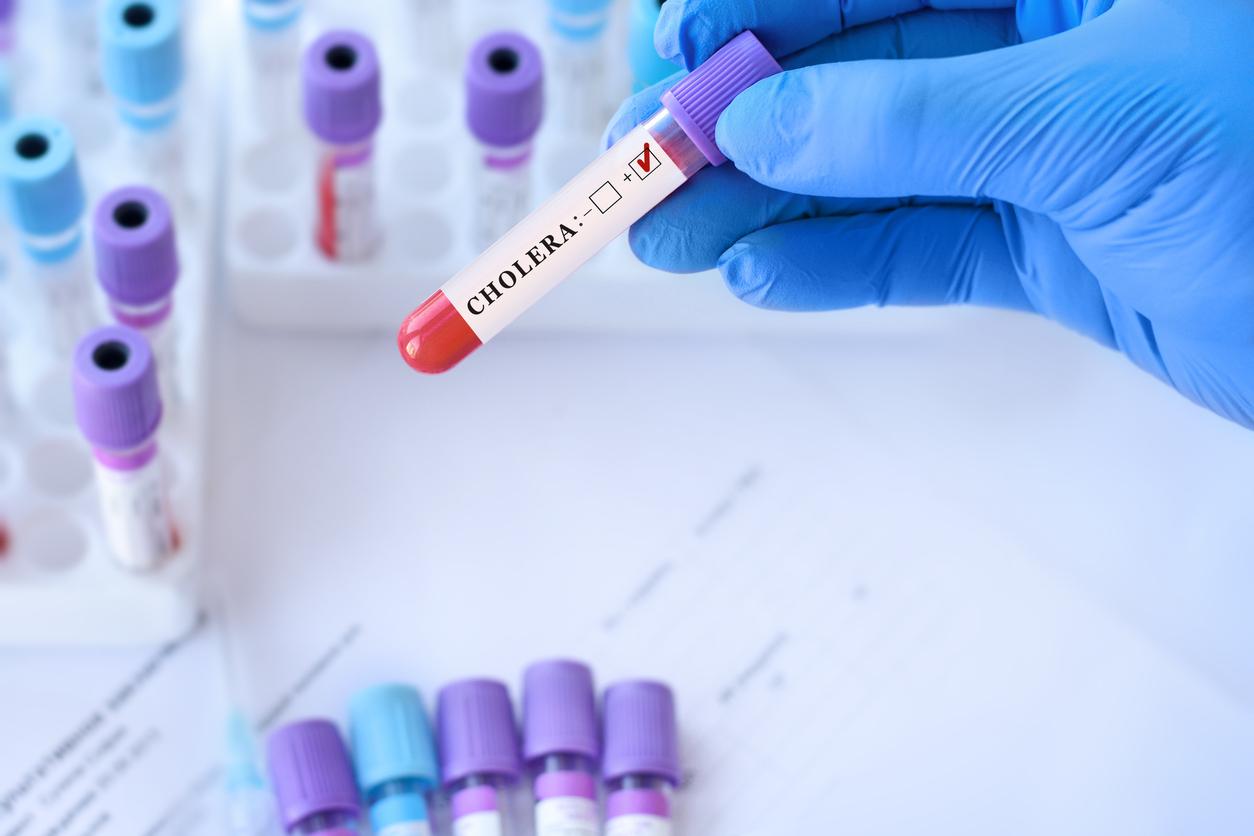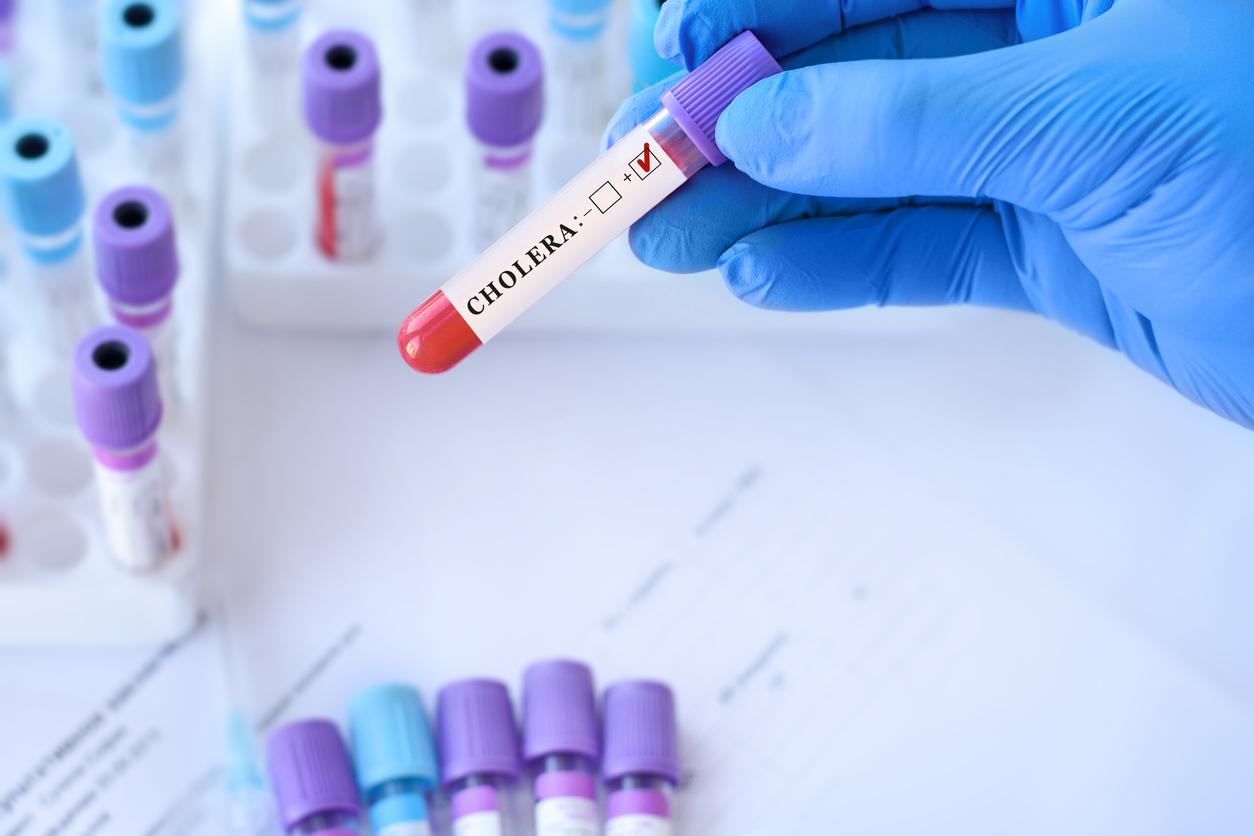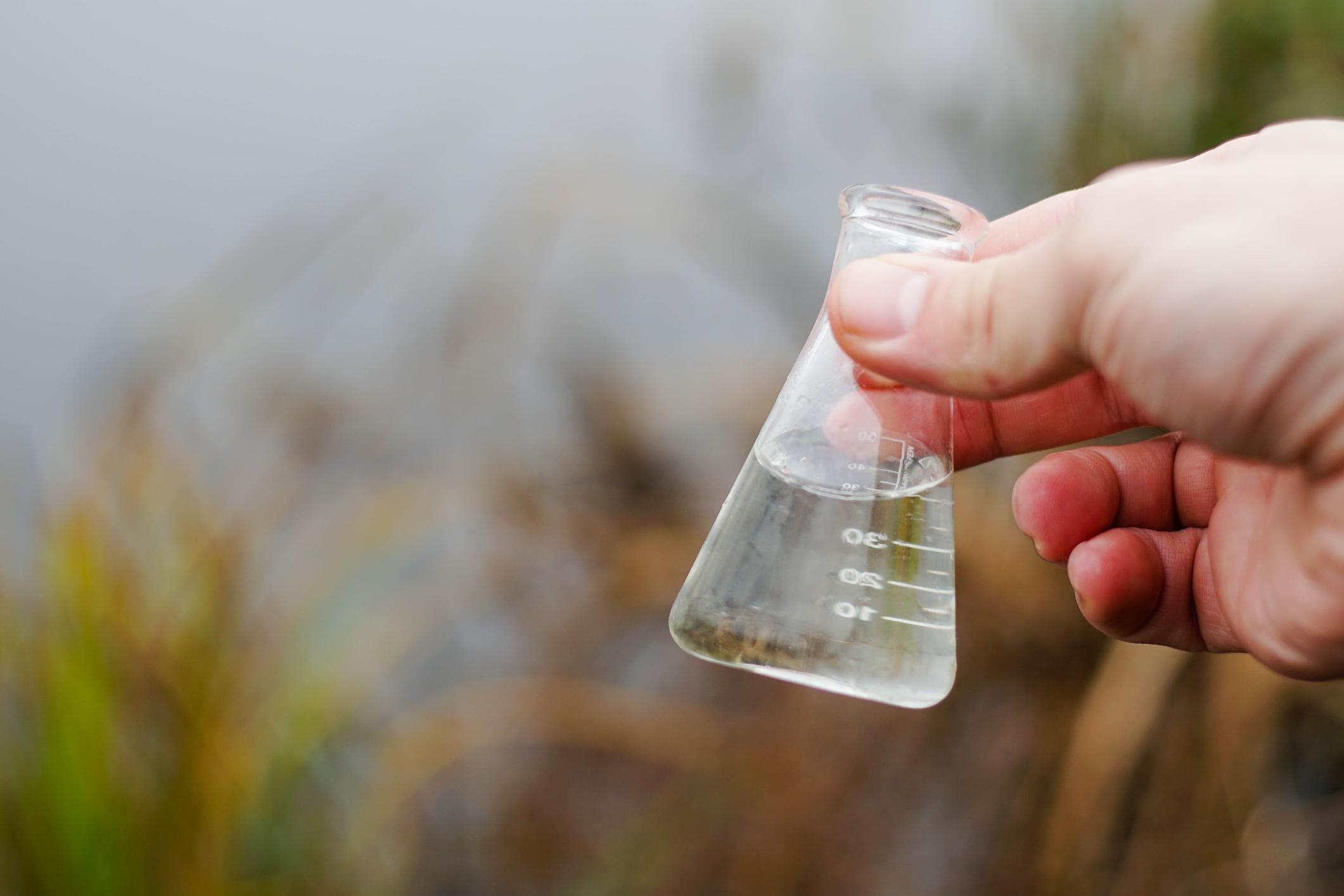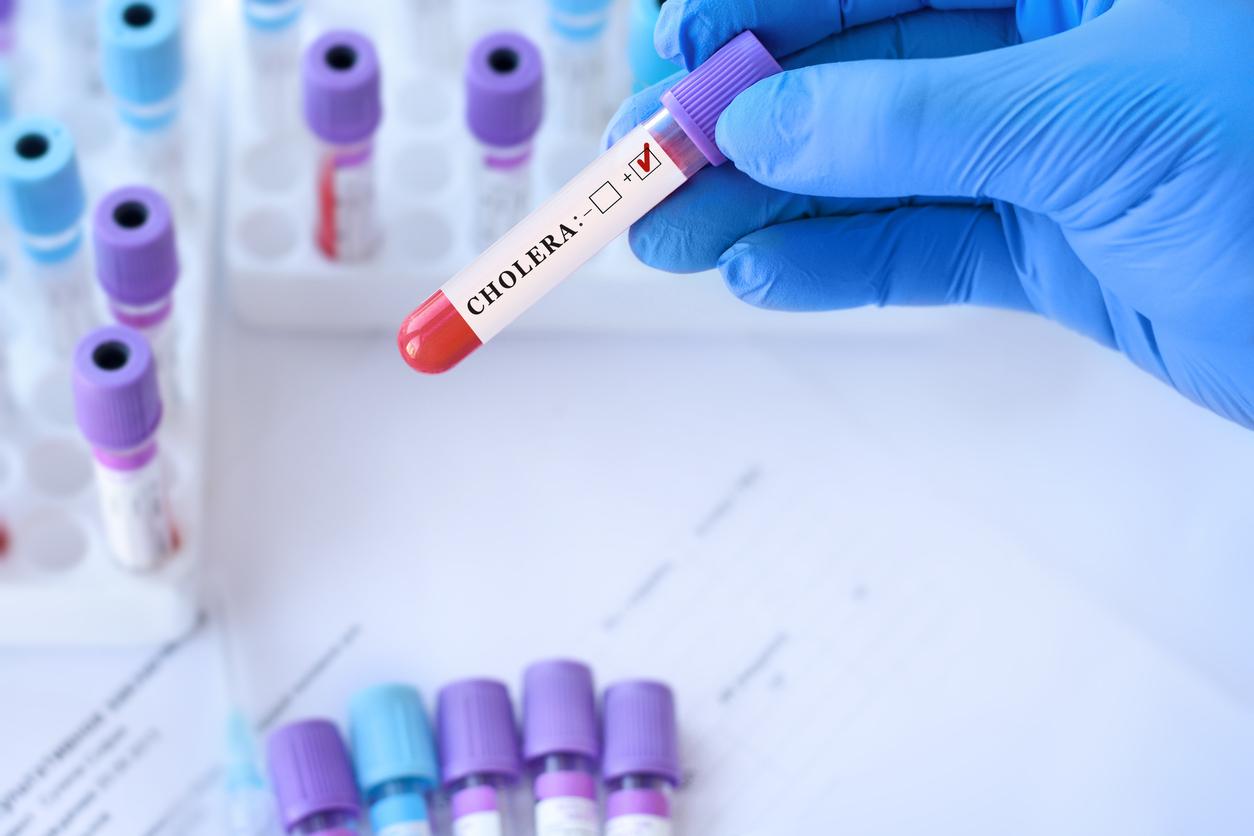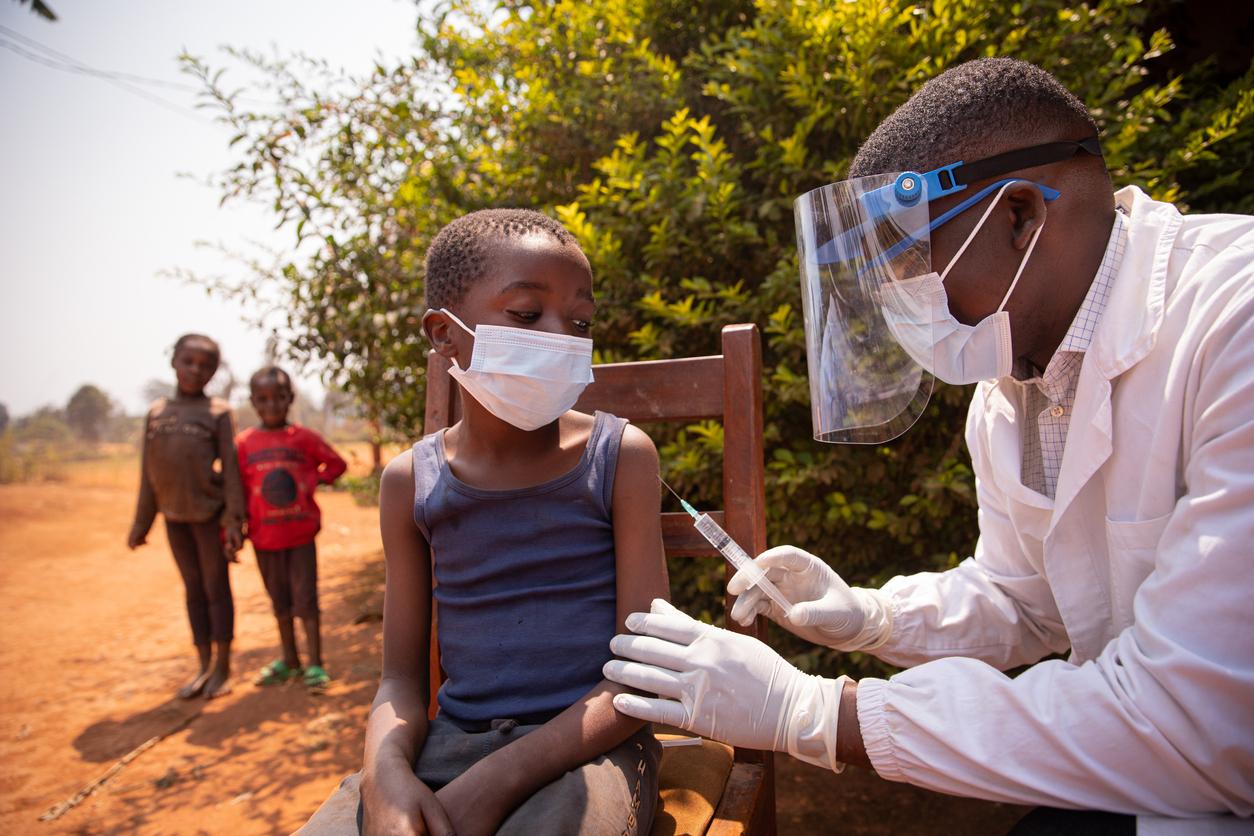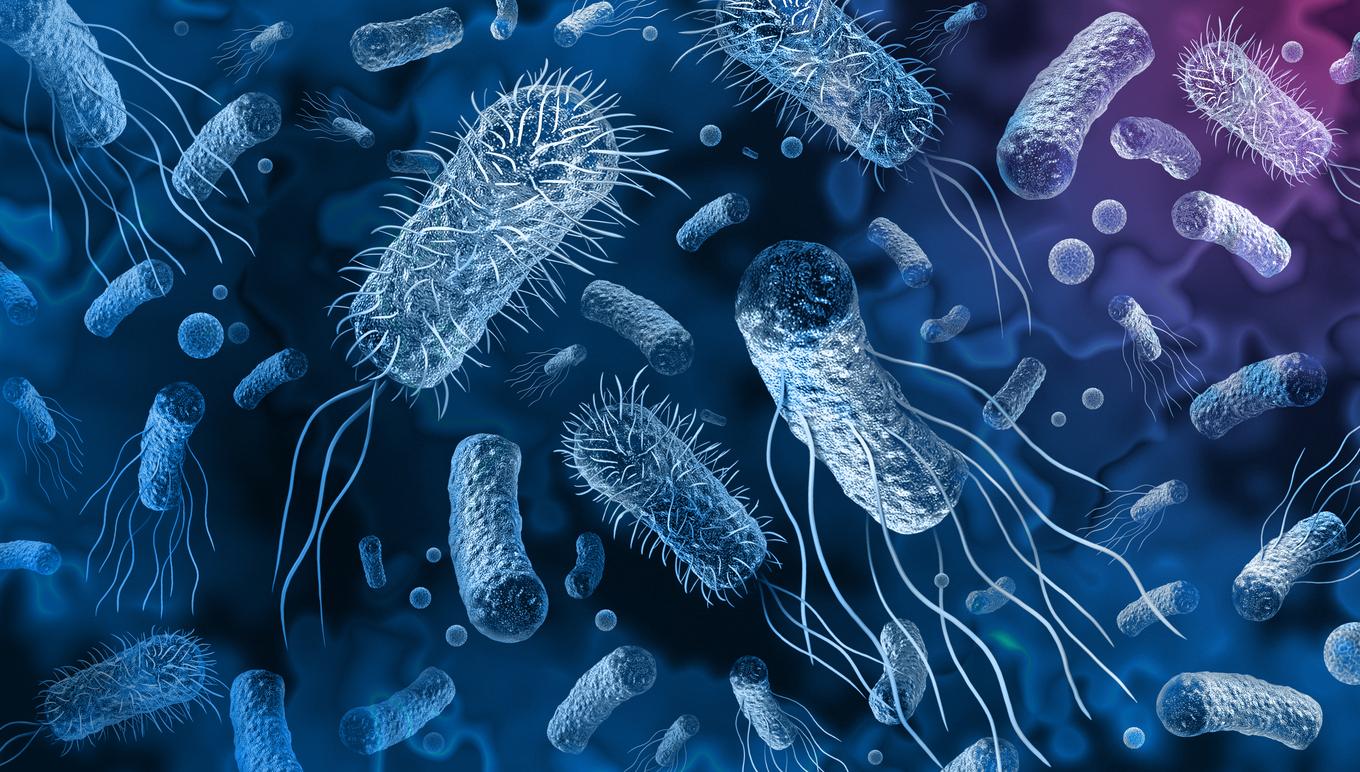In Mayotte, a first case of cholera, coming from the Comoros archipelago, was detected. Health measures have been put in place to prevent the spread of the disease in the territory.
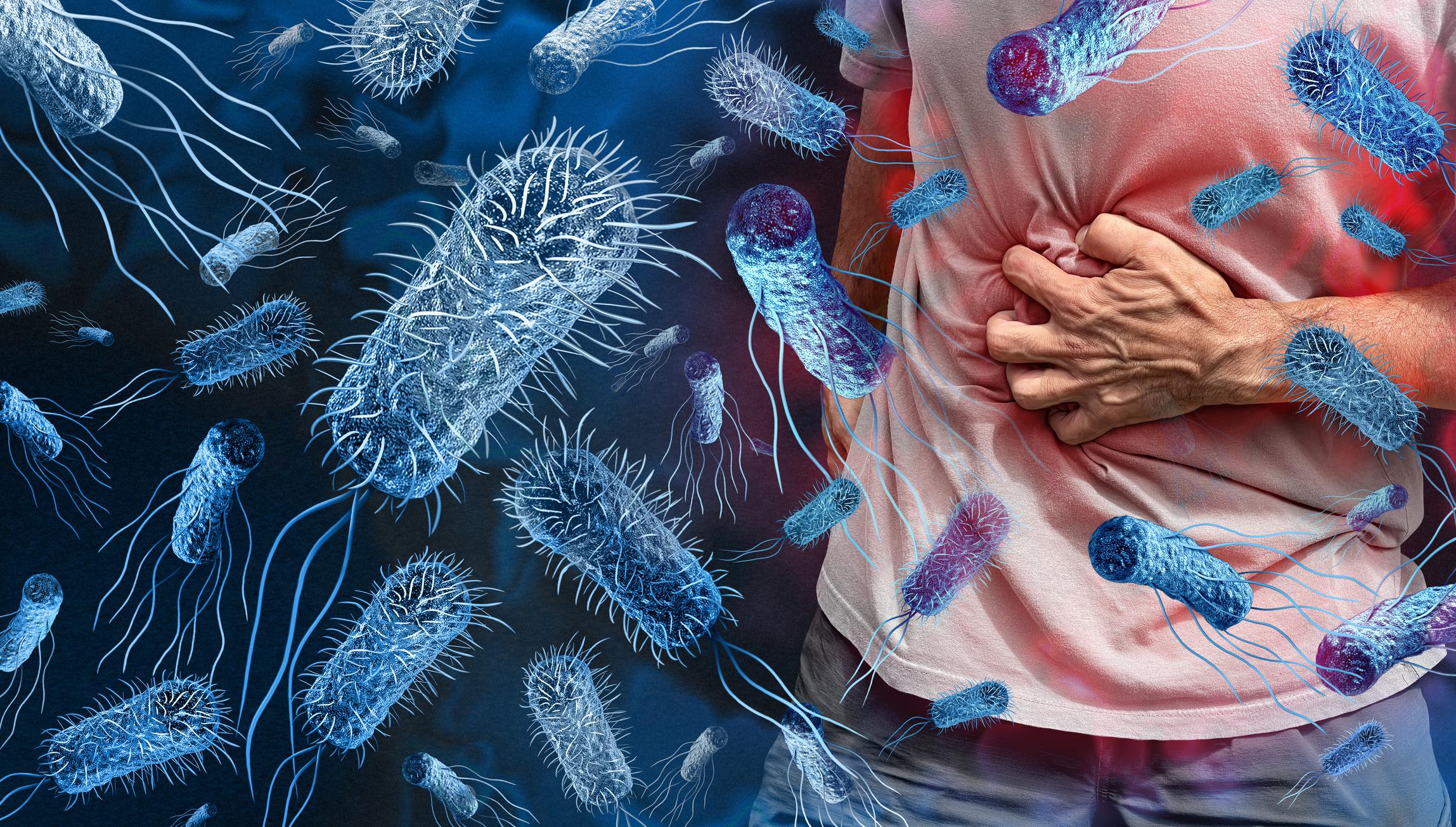
- A first case of cholera was detected in Mayotte.
- The patient was treated in the “cholera” unit of the Mayotte hospital center (CHM).
- Cholera is transmitted by ingesting water or food contaminated by the stool of an infected person.
This Monday, March 18, a first case of cholera was recorded in Mayotte. The patient arrived from Anjouan, an island in the Comoros archipelago, which has been experiencing a cholera epidemic since the start of the year. In anticipation of the risk of introducing the disease, the Regional Health Agency (ARS) of Mayotte, had unveiled his action plan allowing the detection and rapid treatment of the very first case in the territory, on February 21.
Cholera: management of potential contact cases
The infected patient was hospitalized in the “cholera” unit of the hospital center from Mayotte (CHM). “He was treated and he is better,” indicated prefect François-Xavier Bieuville during a press conference. To prevent the spread of the disease, the ARS of Mayotte sent a first medical and paramedical investigation team at the patient’s place of residence. The objective was to identify contact and co-exposed cases and provide them with the first treatments. “A second team was deployed this morning [le mardi 19 mars, ndlr] in the area, in order to disinfect the home, conduct environmental analyzes and disseminate health recommendations to people in the neighborhood. These teams will remain on site for several days, in order to monitor the appearance of possible symptoms.indicated the health authority in a statement.
How is cholera transmitted?
Nearly three million cases of cholera are recorded each year worldwide, according to the World Health Organization (WHO). This epidemic diarrheal disease is caused by bacteria belonging to serogroups O1 and O139 of the species Vibrio cholerae.
Cholera is transmitted by ingestion of water or food contaminated by the stools of an infected person (faecal-oral transmission). After the incubation, the duration of which varies from a few hours to a few days, the patient may present with violent diarrhea and vomiting, without fever. “In the absence of treatment, in its most severe manifestations, cholera is one of the most rapidly fatal infectious diseases: death occurs within one to three days, due to cardiovascular collapse in 25 to 50% of cases. . Mortality is higher among children, the elderly and vulnerable individuals.details the Pasteur Institute.
To prevent the risks of contamination or transmission, the ARS and the prefecture of Mayotte have recalled the importance of implementing hygiene measures, such as drinking controlled water and frequent hand washing.








